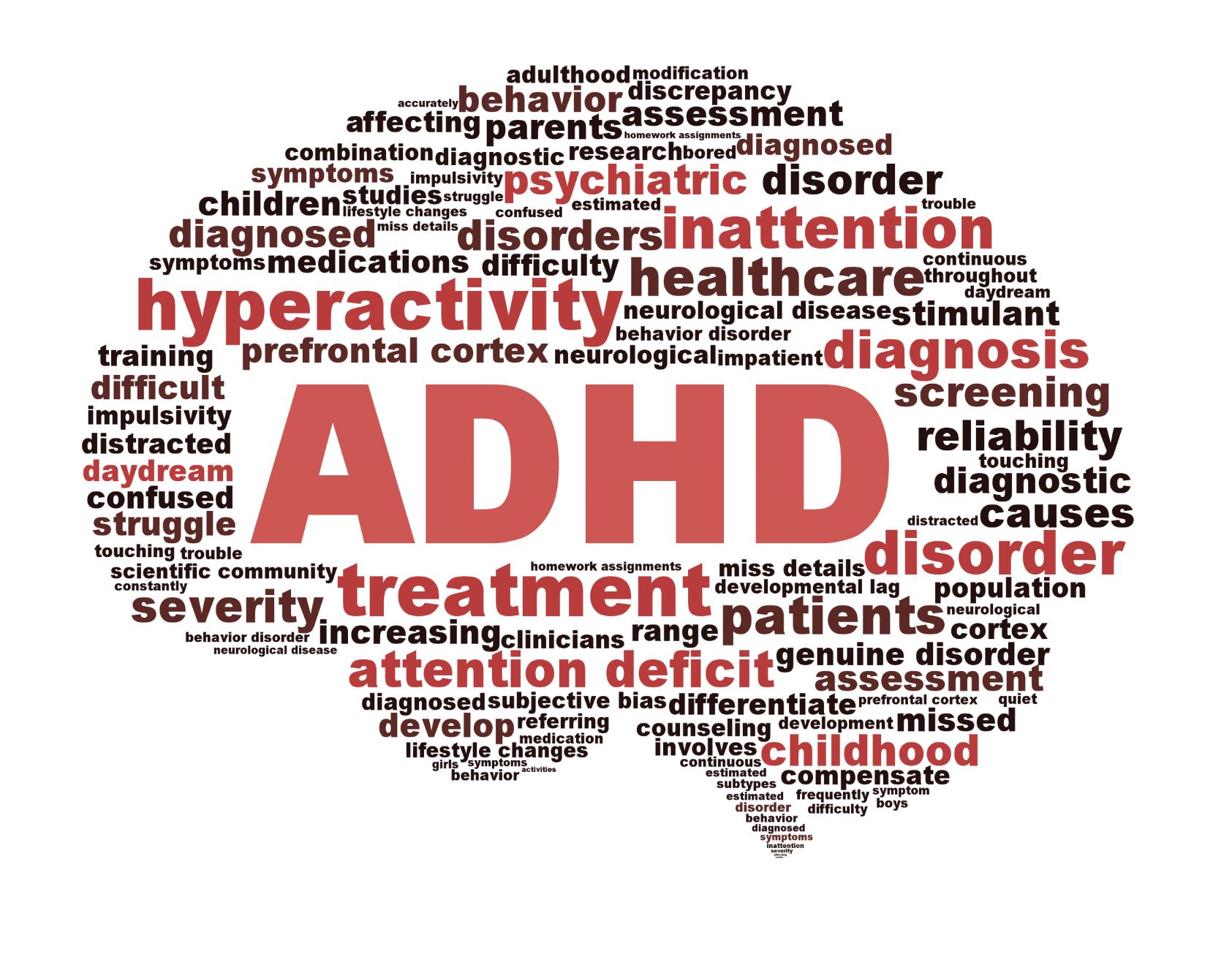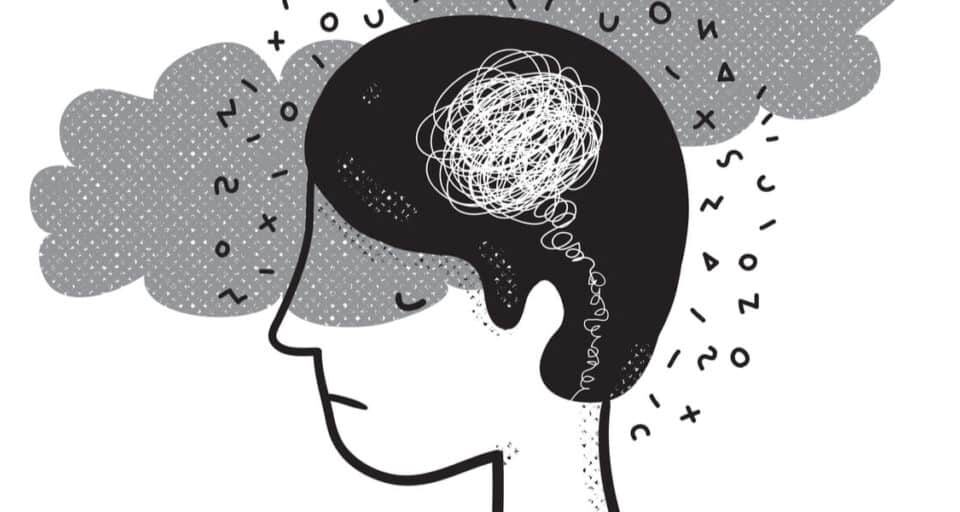
Self-help tips to improve your Mental Health
April 6, 2023
What is ADHD and how is it treated?
July 1, 2023This article provides a comprehensive examination of health anxiety, a mental health condition that engenders excessive worry and preoccupation with the possibility of having a serious medical illness. Termed illness anxiety disorder or hypochondria, this complex phenomenon necessitates a thorough exploration to enhance understanding and inform evidence-based strategies for effective management. By delving into the etiology of health anxiety and reviewing current perspectives on its treatment, this article aims to contribute to the academic discourse surrounding this condition.
Understanding Health Anxiety:
Health anxiety encompasses persistent fears of specific illnesses or a general belief in being unwell, often accompanied by heightened attention to bodily sensations and misinterpretation of normal physiological processes as indicative of severe illness. Individuals with health anxiety frequently seek medical reassurance, which can result in distress, impairment in daily functioning, and diminished quality of life. Examining the intricate nature of health anxiety can shed light on its underlying mechanisms and inform targeted interventions.
Root Causes and Triggers - Etiology:
Etiology refers to the origins and underlying causes of a particular condition or disorder. When examining the etiology of health anxiety, it becomes evident that multiple factors contribute to the development and maintenance of this complex mental health condition. Let us explore some of these key factors:
Biological Factors: Genetic and neurobiological factors play a role in the development of health anxiety. Research suggests that there may be a heritable component, as individuals with a family history of anxiety disorders are more likely to develop health anxiety. Neurobiological studies have implicated abnormalities in the serotonin system, which is involved in regulating mood and anxiety, as potential contributors to the development of health anxiety.
Cognitive Factors: Cognitive processes and biases significantly influence the experience of health anxiety. Individuals with health anxiety tend to have heightened attention to bodily sensations and an increased sensitivity to potential signs of illness. They may engage in selective attention, focusing excessively on bodily cues that they interpret as threatening or indicative of serious medical conditions. Catastrophic thinking, wherein individuals automatically jump to the worst-case scenarios, is also commonly observed in health anxiety. These cognitive processes contribute to the misinterpretation of normal bodily sensations and perpetuate anxiety-related symptoms.
Previous Medical Trauma: Experiencing significant medical trauma, such as a life-threatening illness, a severe injury, or witnessing a loved one's illness, can be a precipitating factor for the development of health anxiety. Traumatic experiences can create a heightened awareness of physical symptoms and an amplified fear of recurrence, leading to persistent worry and anxiety about one's health.
Early Life Experiences: Childhood experiences related to illness or medical trauma can influence the development of health anxiety later in life. For example, growing up in an environment where illness was frequently the focus of attention or being excessively exposed to discussions about medical conditions may contribute to the development of health anxiety. Additionally, individuals who had negative experiences or a lack of emotional support during childhood illnesses may be more prone to developing health anxiety.
Personality Factors: Certain personality traits and styles may predispose individuals to health anxiety. Traits such as neuroticism, perfectionism, and high levels of anxiety sensitivity, which is the fear of experiencing anxiety symptoms, have been associated with a higher likelihood of developing health anxiety. These personality characteristics may contribute to heightened vigilance for bodily sensations and a tendency to interpret them as indicators of serious illness.
Sociocultural Factors: Cultural and societal factors can also influence the manifestation of health anxiety. Living in a society that emphasizes health and places a significant emphasis on illness prevention can contribute to heightened health concerns. Increased access to health-related information through the media and the internet may also contribute to the development or exacerbation of health anxiety, as individuals may encounter a multitude of alarming health-related stories and information that fuel their fears.
Managing Health Anxiety:
Psychoeducation: Educating individuals about the nature of health anxiety serves as a crucial initial step. By providing comprehensive information on the condition, including its causes and effects on cognitive and behavioral patterns, psychoeducation empowers individuals to challenge anxious thoughts and develop a more balanced perspective.
Cognitive-Behavioral Therapy (CBT): CBT represents an evidence-based approach to managing health anxiety. It emphasizes the identification and modification of negative thought patterns, the cultivation of realistic thinking, and the gradual reduction of avoidance behaviors. By equipping individuals with practical coping mechanisms, CBT enables them to confront and manage their anxiety more effectively.
Mindfulness and Relaxation Techniques: Engaging in mindfulness exercises, deep breathing, progressive muscle relaxation, or meditation can significantly reduce anxiety levels. Regular practice of these techniques promotes overall well-being and enhances resilience in the face of health-related worries.
Limiting Online Searches: In an era of easily accessible information, striking a balance between staying informed and avoiding excessive medical research is crucial. Restricting online searches and relying on reliable sources for health-related information can help prevent the reinforcement of health anxiety symptoms.
Building a Supportive Network: Seeking support from loved ones or participating in support groups can alleviate the sense of isolation often experienced by individuals with health anxiety. Sharing experiences with empathetic individuals provides reassurance and fosters a sense of belonging.
Gradual Exposure and Response Prevention: Under the guidance of mental health professionals, gradual exposure to feared situations and the practice of response prevention techniques can be instrumental in breaking the cycle of health anxiety. This systematic approach enables individuals to confront their fears in a controlled manner, ultimately reducing anxiety levels.
In addition to the non-pharmacological approaches mentioned earlier, the use of medication can be considered in the treatment of health anxiety, particularly when symptoms are severe or significantly impairing an individual's functioning. Psychotropic medications, such as selective serotonin reuptake inhibitors (SSRIs), have shown promise in alleviating anxiety symptoms associated with health anxiety. It is important to note that medication should be prescribed and monitored by a psychiatrist experienced in treating anxiety disorders. The selection of an appropriate medication and dosage is determined on a case-by-case basis, considering factors such as the individual's overall health, medication tolerability, and potential interactions with other medications. SSRIs, commonly prescribed for anxiety disorders, work by increasing serotonin levels in the brain, which helps regulate mood and anxiety. These medications have demonstrated efficacy in reducing excessive worry, fear of illness, and avoidance behaviors related to health anxiety. They can also address comorbid conditions such as depression, which often coexist with health anxiety.
Conclusion:
Health anxiety is a complex condition that necessitates a multidimensional approach to management. By comprehending its nature, considering contributing factors, and exploring evidence-based interventions, mental health professionals can provide effective support to individuals grappling with health anxiety. Enhancing knowledge and implementing targeted strategies contribute to the overall well-being and quality of life of those affected by this challenging condition.

